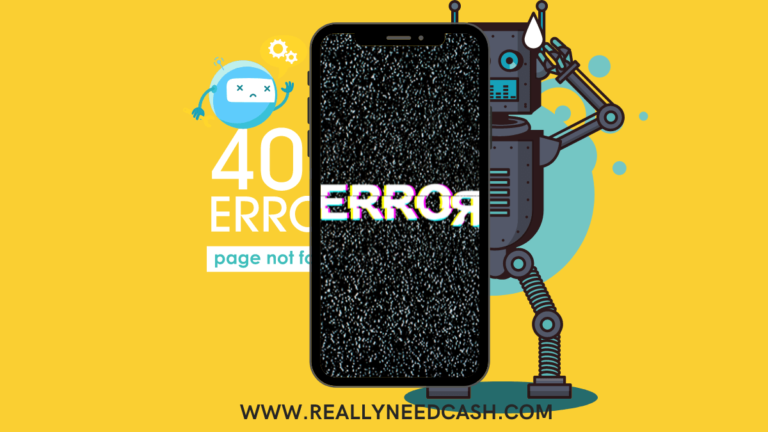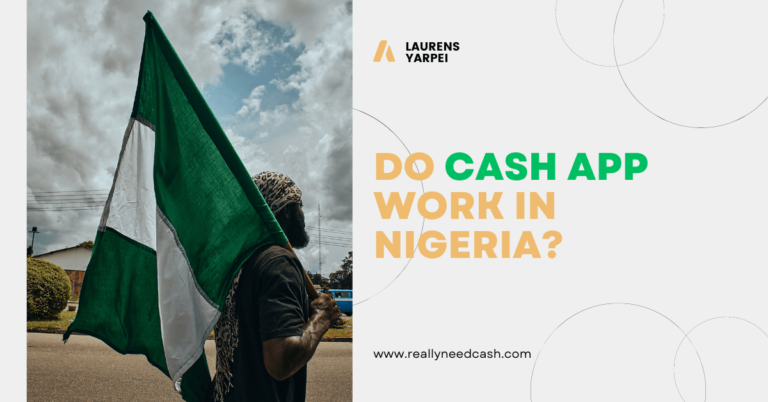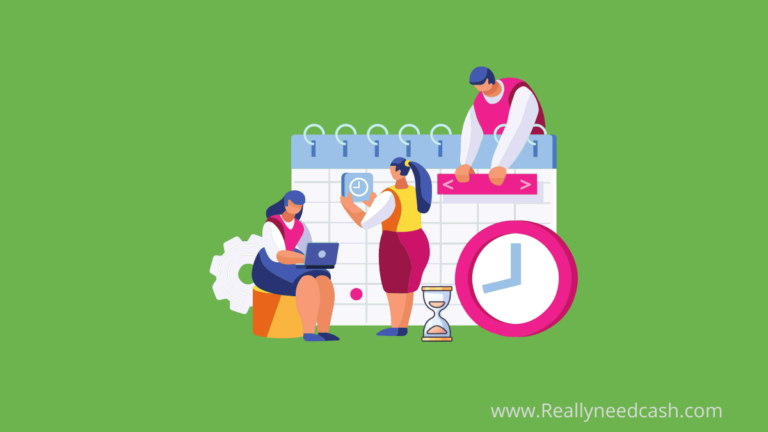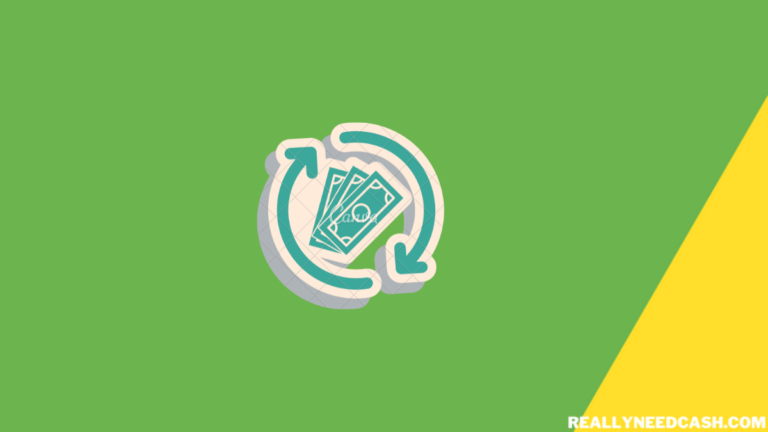Let’s discuss everything you need to know about Cash App reliability and whether it can protect your funds and personal information or not.
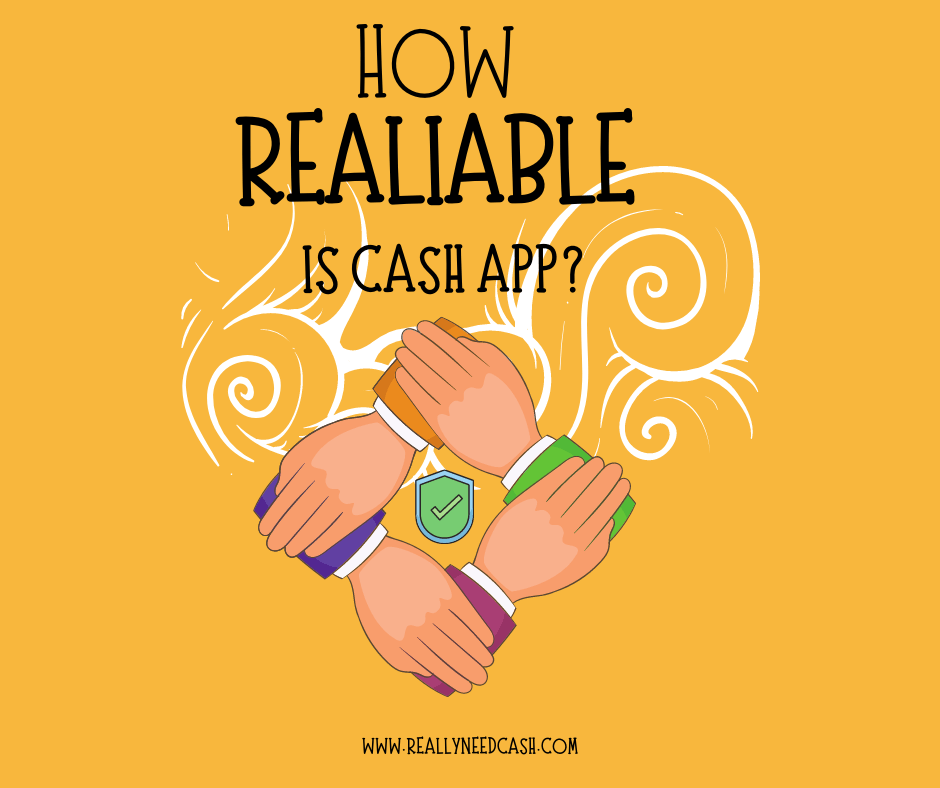
Is Cash App a Reliable Service?
Yes, Cash App is quite reliable and trustworthy generally speaking. It is reliable to use thanks to bank-grade encryption safeguarding your account information and financial transactions. Cash App is reliable and safe when used as intended — sending and receiving money with people you know and trust.
READ: Is Cash App Safe to Use with Strangers?
Cash App Security Features
Cash App comes with several security features to protect your money and personal information and keep your account private. It uses a military-grade 256-bit encryption protocol to secure all transactions.
Cash App also uses fraud detection technology to ensure that your money and data remain secure. You can use Cash App on any internet service, and all the security measures will work.
However, it’s important to note that the Cash App accounts are still not FDIC insured. But the Cash App team says that it’s working to address FDIC coverage.
Is Cash App Vulnerable to Any Malware or Viruses?
As mentioned, Cash App uses advanced fraud protection technology, and it’s a Level 1 company according to the PCI data security standard. In addition, all Cash App transactions are fully encrypted, which means that it’s not vulnerable to any common malware or viruses.
You can also contact the Cash App support team anytime you want. For example, if you notice any suspicious activity using your Cash App account, contact the Cash App’s customer support team immediately.
READ: Is Cash App Safe for Sellers?
Does the Cash App Use Your Personal Data?
No, the Cash app doesn’t use your personal and sensitive information. For example, cash support never asks its customers to share personal information such as bank account information, sign-in code, and username.
In addition, you will never receive a call from the Cash app to send money to complete any support request.
Are There Any Scams Associated with the Cash App?
Currently, there are no fake websites that claim to be associated with Cash App. However, you can receive phone calls from scammers and fraudsters who pretend to be Cash App customer service representatives.
These people will request funds or try to extract your personal information. They might also try to sell you a valuable product at a meager price, but they’ll ghost as soon as you make cash app payments.
The Better Business Bureau also warned Cash App customers recently that scammers have been asking people to create a new Cash App account for troubleshooting purposes, but then they steal their Cash App balance.
How Does Cash App Work?
As mentioned, Cash App is an online money transferring service that offers Visa prepaid debit cards. You only need to provide your basic personal information to activate your Cash App account to verify your identity.
As the name implies, Cash App comes with a mobile app that you can use on both Android and iOS smartphones. Cash App works seamlessly anywhere traditional Visa debit cards are accepted.
1. Sending Money
Once you have set up your Cash App, you can start using it to send money to your loved ones. You only need to use the recipient’s Cashtag, registered phone number, or email address to send money. Make sure that you double-check the recipient’s information before sending money.
You can send the money you have in your credit card, linked bank account or the Cash App balance. It’s important to note that sending payments using your connected bank account or Cash App balance is free.
However, Cash App charges a 3 percent transaction fee if you use a credit card to send payments.
2. Receiving Money
Other Cash App users can send you money using your Cashtag, registered phone number, or email address. The money that you receive directly goes to your Cash App balance.
You can also send this money to your bank account using your linked credit card or debit card number.
3. Using a Cash Card
If you don’t want to use your bank account to transfer money, you can apply for a free Debit Card using your Cash App. The Cash App Card is a Visa debit card that allows you to use Cash App for online and in-store purchases.
Keep in mind that you’ll need to pay ATM fees if you use your Cash Card at an ATM. However, Cash Cards also offer discounts, and you can save money on many everyday purchases.
4. Adding Funds
You can add funds to your Cash App account using different methods. Besides receiving money from other Cash App users, you can also set up the direct deposit functionality using Cash App.
This way, you’ll get your paychecks directly deposited into your Cash App account. Additionally, you can receive direct deposits up to 2 days faster in your Cash App account than in traditional banks.
Cash App also offers instant transfer functionality from one Cash App account to another. However, if you want to instantly transfer funds to your bank account, you’ll need to pay a 1.5 percent fee.
You can also request payments from your Cash App contacts anytime you want to reload your Cash App’s balance. The other users can also send you payment requests that you can accept or decline as desired.
As you can see, the Cash App comes with several banking features, but still, it’s not a bank account, and you can’t use it to build a credit score.
So, Is Cash App Safe to Use?
According to the Cash App website, your payment information goes through secure servicers in an encrypted form. Cash App also recommends its customers set up Cash App Pin or Touch ID to add an extra layer of security.
These security features make Cash App a secure and safe online money-transferring service.
Remember that it’s not possible to cancel payments even if you send money to the wrong person. That’s why double-checking the recipient’s information is critically important before sending money.
Online services such as Cash to send and receive money are becoming increasingly popular.
They allow you to perform online purchases and send money to your friends and family members without a traditional bank account.


